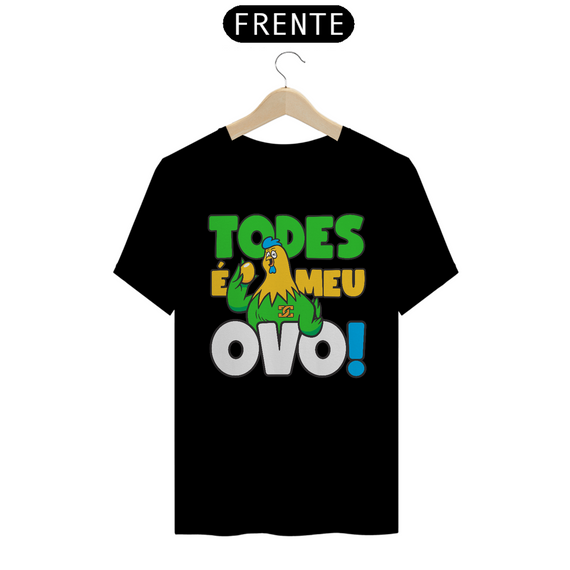Considerações Saber Sobre 2018camiseta
Considerações Saber Sobre 2018camiseta
Blog Article
A comunicaçãeste enganosa em massa era definida pelo texto como "promover ou financiar campanha ou iniciativa para disseminar fatos qual sabe inverídicos, e que sejam capazes de comprometer este processo eleitoral".
The same weekend he left the hospital, thousands of people took the streets in dozens of cities in Brazil to protest against Bolsonaro and his political stances, chanting "Ele nãeste" ("Not him").
After leaving the army in 1988, Bolsonaro was elected to a seat on the Rio de Janeiro city council in 1989. Two years later he won a seat representing Rio do Janeiro in Brazil’s federal Chamber of Deputies that he would hold for seven consecutive terms. From his first term, Bolsonaro repeatedly praised the era of military rule and called for its return. He also began establishing a reputation for outspoken advocacy of deeply conservative positions on social issues and was branded by critics as a misogynist, homophobe, and racist. Among the many controversial remarks that he made over the years was his statement that he “would be incapable of loving a homosexual son” and that he would prefer his son to die in an accident rather than “show up with a mustachioed man.
Bolsonaro’s fortunes changed when Brazil’s political culture spiraled downward in the second decade of the 21st century and the country’s economy went along for the ride. At the beginning of the second presidential term of Dilma Rousseff of the Workers’ Party, the country sunk deeper into a recession that had begun in 2014 and became mired in what some observers characterized as Brazil’s worst economic crisis since the turn of the 20th century.
Throughout his presidency, Mr. Bolsonaro, who served in the military before entering politics, methodically questioned and criticized the security of Brazil’s electronic voting system, despite the lack of credible evidence of a problem, and attacked mainstream news outlets as dishonest.
O governo Bolsonaro mantinha uma estrutura de inteligência paralela de que monitorava a agenda por autoridades e era comandada pelo ex-assessor especial por Bolsonaro Marcelo Câmara.
Using his outsider status to his advantage, Bolsonaro cast himself as an antiestablishment insurgent candidate with little concern for political correctness—in the vein of Donald Trump, who had successfully leveraged that stance to win the 2016 U.S. presidential election; indeed, Bolsonaro was soon labeled the “Trump of the Tropics.” Bolsonaro also won the support of the country’s considerable Evangelical Christian population with his steadfast opposition to abortion, and his championing of law-and-order policies appealed to Brazilians concerned with crime and violence.
"Today everyone is afraid of being repressed. So I think we're here to show our faces. We want Brazil for everybody, freedom for everybody," he added.
Mr Bolsonaro's speech is being watched closely by the authorities for anything that could be seen as inciting riots or undermining the electoral system.
Este UOL Esporte tentou, em diversas oportunidades, contato usando este governo para obter um posicionamento A respeito de o uso de camisetas de clubes pelo presidente Jair Bolsonaro.
Encyclopaedia Britannica's editors oversee subject areas in which they have extensive knowledge, whether from years of experience gained by working on that content or via study for an advanced degree. They write new content and verify and edit content received from contributors.
1 evento social: Experimente uma vlogdolisboa camisa social estampada para se destacar e mostrar seu finesse único.
Several of his supporters at the rally repeated unproven claims that the last election was fraudulent. He had asked them not to bring posters saying this or criticising institutions like the Supreme Court.
Learn More As the campaign for Brazil’s 2018 presidential election began in earnest, Rousseff’s political mentor, Luiz Inácio Lula da Silva (“Lula”), who had experienced tremendous popularity during his tenure as Brazil’s president (2003–11), became the clear front-runner, even though his involvement in the Petrobras scandal had led to his conviction on charges of corruption and money laundering in July 2017 (upheld in a January 2018 ruling) and to incarceration for a 12-year-plus sentence in April 2018. While Lula sought to be allowed to run for president in spite of his conviction, Bolsonaro, the candidate of the theretofore insignificant Social Liberal Party, mounted a populist campaign that sought to take advantage of Brazilians’ widespread disenchantment with the political establishment and rampant corruption.
